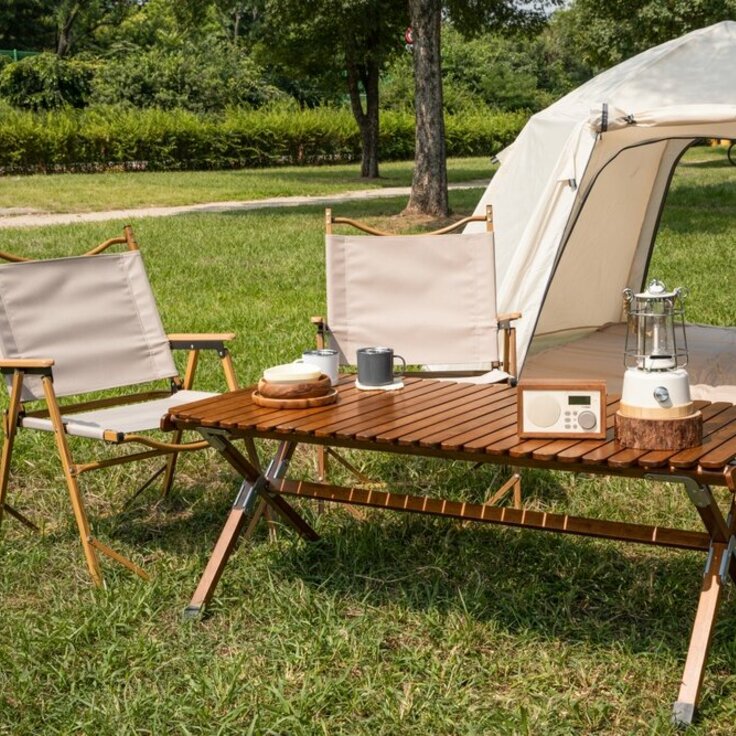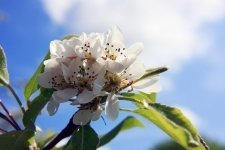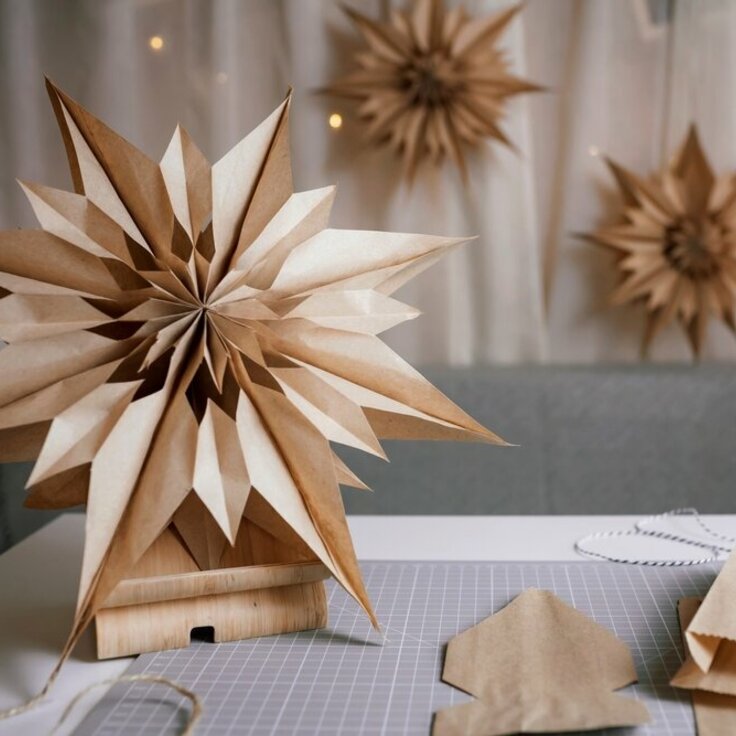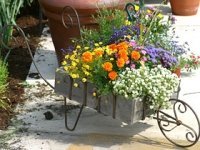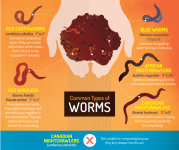Tips for indoor & outdoor pests
Tips for indoor & outdoor pests:
- Don’t store firewood inside your home. Only bring in enough to burn at one time. Bark and other wood boring beetles may emerge inside the home.
- Fruit flies can be a problem when fruits and vegetables are allowed to sit for long periods on kitchen counters. Use up your produce quickly.
- Store leftover nuts from the holiday season in the freezer and store dried fruit in your refrigerator to avoid pantry pest problems. Indian meal moths are a common problem of grains and grain products, cereals, bird seeds, dried pet food, etc. You may see adult moths flying, larvae crawling or webbing. Remove the source of the infestation and clean all jars and containers that are affected. Always check bulk foods prior to purchase for signs of meal moth infestation. Do not use insecticides to control these pests. Grain mites are very small, 8 legged creatures that are light colored and resemble dust. They often feed on pet foods and treats and may come into the home on any type of milled food product. Discard infested products and vacuum and clean the area around the infestation with soapy water.
- Crickets, lady bird beetles, boxelder bugs, cluster flies, elm leaf beetles and other innocuous insects may appear in your home this winter. They can merely be swept up or vacuumed.
- Ticks are active as long as temperatures are above freezing. Check yourself, your children, and pets closely for ticks after hiking or camping. Deer tick populations are especially high around the Chesapeake Bay.
- Cluster flies resemble large houseflies and may suddenly appear around window or lamps in the fall, winter or spring. They occupy attics or wall voids and become active on warm, sunny days. They are sluggish flyers and do not eat garbage. Prevent their entry by sealing up all small holes and cracks around the outside or your home.
- Bait stations are very effective at controlling indoor ants.
- Check with your county/city recycling office to learn about amnesty days at local landfills for household hazardous wastes including pesticides. Check pesticide containers for leaks and cracks. Also check containers that are old, have been stored improperly or were exposed to extreme temperatures. Call the manufacturer’s phone number on the container for assistance with these types of problems or contact the National Pesticide Telecommunications Network at 1-800-858-7378.
- Avoid storing pesticides over the winter in sheds and garages. Cold temperatures can cause these materials to become ineffective. If you have questions about the efficacy of your pesticides call the manufacturer, using the phone number listed on the label.
Please note: All recommendations are for central Maryland. Time frames shift two weeks earlier in Southern Maryland and the Eastern Shore and two weeks later for Western Maryland. Look for more gardening tips & information at the website of the Home & Garden Information Center. This article has been published on this website and is owned by the HGIC.



